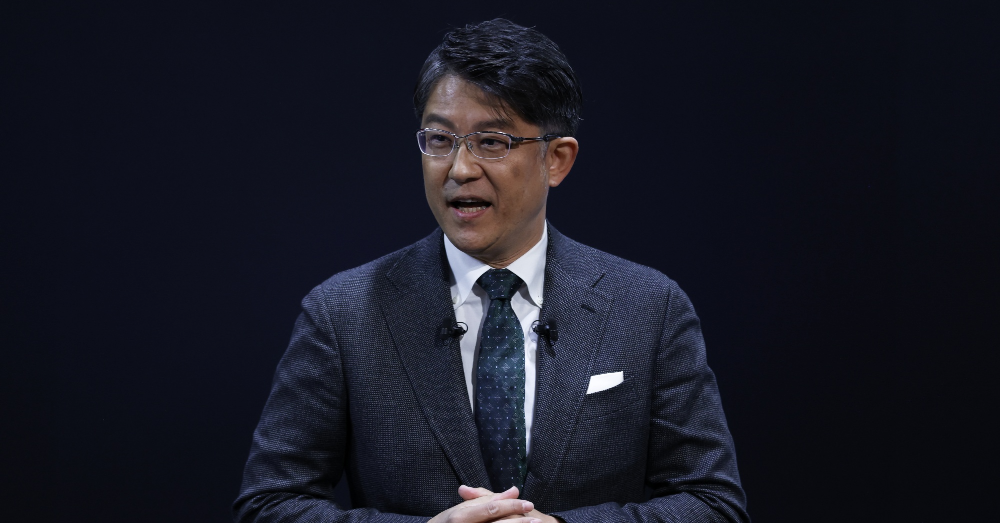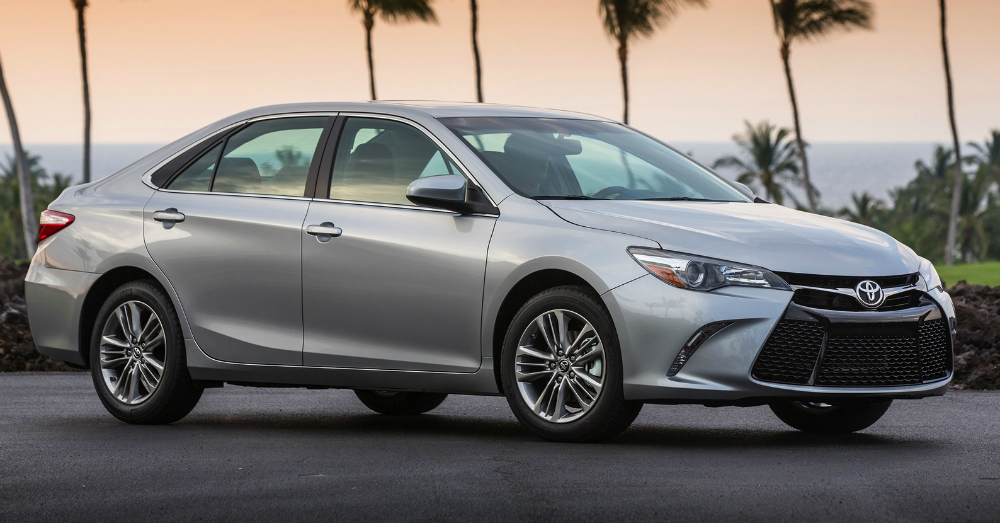
Toyota’s Leadership Shift: New CEO and CFO Set the Stage for Electric Vehicles
Toyota has some serious new changes at the top, with a new CEO and CFO starting in April, in time to begin the second quarter of this year.
Toyota’s president and CEO, Akio Toyoda will step down on April 1 and be succeeded by Koji Sato. Sato is currently the brand’s Chief Branding Officer. Sato has also been heading the Lexus division and the Gazoo racing company since 2020, making him a fitting successor to the long-time CEO. Much of this necessary change is surrounded by the push for electric vehicles, which Toyoda has been outspokenly against.
Moving forward amidst transformation
As the new CEO and CFO posts are filled at Toyota, the former CEO will take a position as the new chairman of the board. The current chairman will continue on as a board member, with Akio Toyoda heading the board.
Toyoda is the grandson of Toyota’s founder and has been the CEO since June 2009, but now is the time for a change. In Toyoda’s own words:
“I thought the best way to further Toyota’s transformation would be for me to become chairman in support of a new president. In retrospect, these 13 years have been a period of struggling to survive one day after the next, and that is my honest feeling. The current Toyota structural change has been triggered by my resignation.”
Toyoda isn’t exactly displacing a member of the board; the current chairman has been considering retirement for some time, which makes way for a new generation of leadership at Toyota.
Who is the new Toyota CFO?
The announcement of a new CFO puts Kenta Kon in this position. Some of the executive roles will be consolidated in an effort to improve systems and cut costs. With a series of management changes, Toyota will cut some positions, including two executive vice president roles, currently held by Didier Leroy and Moritaka Yoshida. Leroy will continue on as company director.
New changes to the build strategy
Toyota is going younger in the leadership positions with the new CEO and CFO appointments. In addition to adding youth to the mix, the company is looking for ways to get competitive in the electric vehicle market. This means creating a new, dedicated platform for battery electric vehicles, ensuring this new tech is ready to compete with other EV models on the market.
The new CEO confirmed this new EV architecture is a top priority during his first briefing. Unfortunately, whether or not this new plan was formally approved was left up in the air.
What does Toyota need to do to enter the EV market successfully?
Putting the new Toyota CEO and CFO announcement aside, Toyota has an uphill climb regarding electric vehicles. Currently, Toyota and Lexus each have one EV in their respective lineups, but these EVs don’t offer the desired driving range and qualities that customers expect. Thankfully, Toyota has a few things in its favor.
Toyota is the world’s largest automaker, which means this company understands what it means to mass-produce vehicles. Toyota and Lexus vehicles are well-known for impressive reliability and dependable driving, which is something to expect in new electric vehicles. However, Toyota recognizes a need to learn from one major rival.
Is Tesla a true rival to Toyota?
It would take Tesla several new models and generations to come close to what Toyota has to offer, but there’s something the larger automaker needs to learn from the smaller company. Tesla has created design, manufacturing, and innovations that allow production costs to be reduced to a more acceptable level than most automakers. While many new EVs are thousands of dollars more than their gas-powered counterparts, Tesla continues to cut prices and show profitability in the EV market.
The slow push forward just got a hyper boost
Toyota has been slow to embrace fully electric vehicles, with a serious focus on hybrids first. The new Toyota CEO and CFO assignments could change this. The CFO can help ensure the company continues to cut costs to support battery development while the CEO pushes the plan to build more EVs.
The current e-TNGA electric vehicle architecture was launched in 2019, but it requires some upgrades and improvements to make it useful for a wide variety of new EVs. To adjust to a new platform, many of the projects that were supposed to use the e-TNGA platform are now being delayed or cancelled. This means we should see a new electric vehicle platform for future Toyota and Lexus EVs.
This post may contain affiliate links. Meaning a commission is given should you decide to make a purchase through these links, at no cost to you. All products shown are researched and tested to give an accurate review for you.



